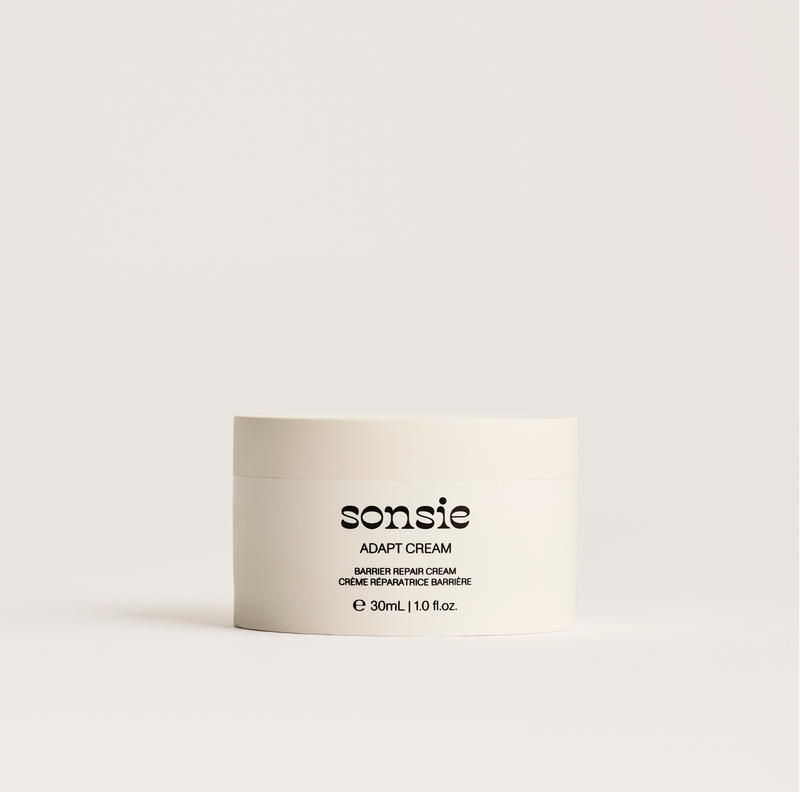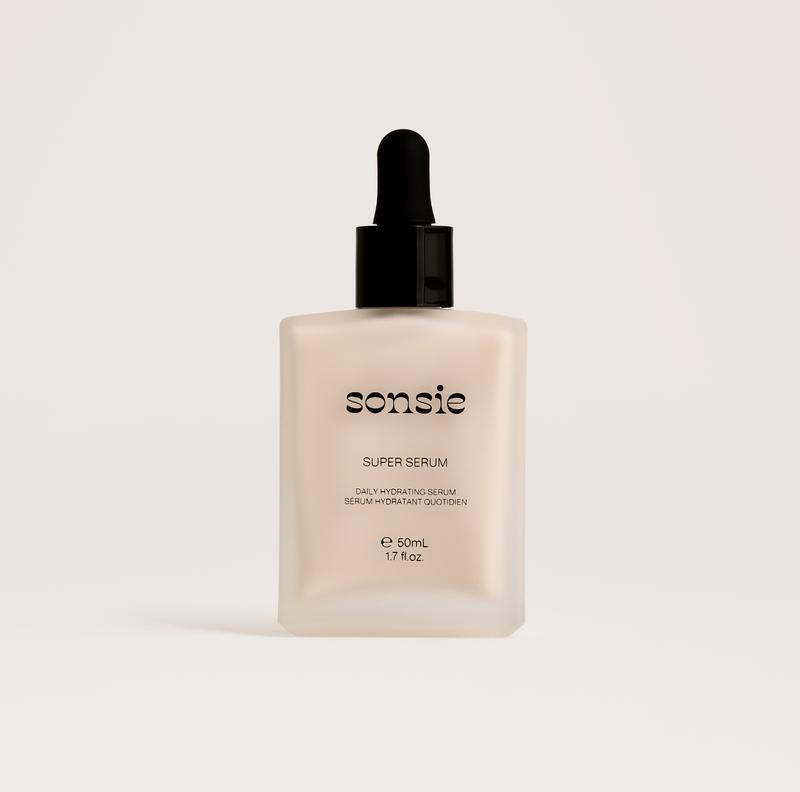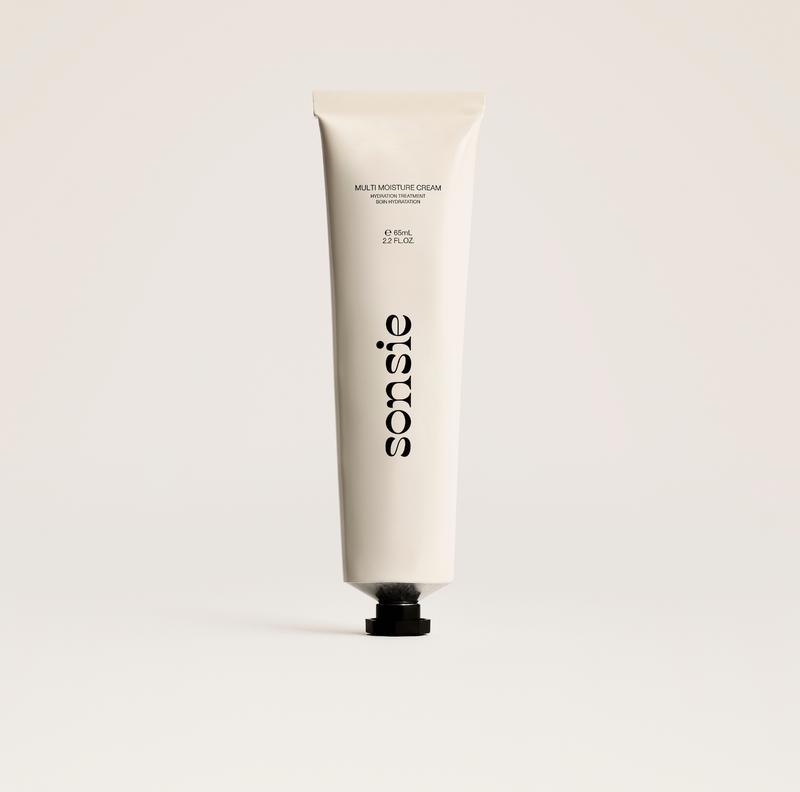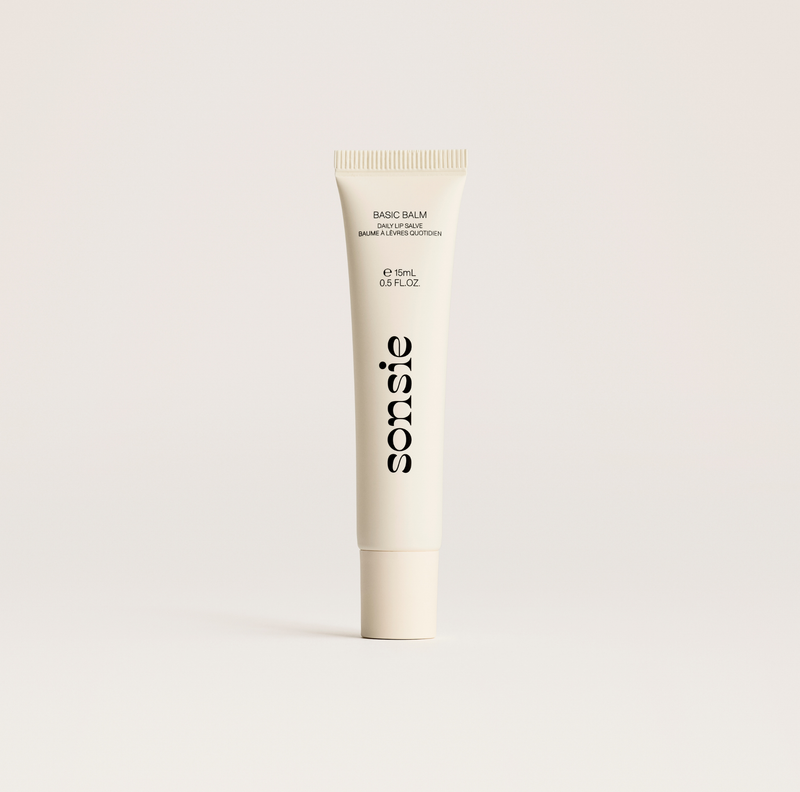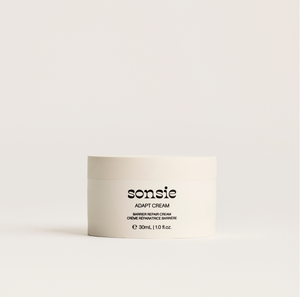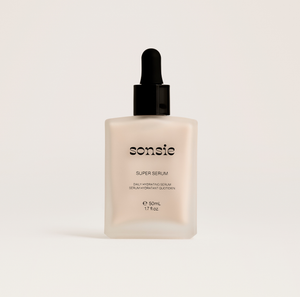A Conversation with an Award Winning Novelist
Laura van den Berg is the author of five works of fiction and is the recent recipient of a Guggenheim Fellowship, a Strauss Living Award from the American Academy of Arts & Letters, and a literature fellowship from the National Endowment for the Arts. Her new novel, State of Paradise, is coming out with FSG on July 9.
Laura, thank you so much for taking the time to speak with us. How has your winter been? You have a new book coming out in a couple months, and you have another one contracted for 2026. Sounds busy!
This winter has been busy! I wrapped edits on my new novel, State of Paradise, last year and am currently gearing up for publication this summer. I also teach creative writing full-time and box competitively—my days are full, and I often feel like I’m shifting between very different worlds, but it keeps things exciting.
What does your creative process look like? Do you have daily rituals that support your writing?
When I’m working on a book, I always write in the morning. I feed the dog, get coffee, and go straight to my desk. I like to light an incense match—they burn about 10 minutes, so it’s like a gentle timer—and give myself a minute to really wake up, make some notes, remind myself of where I left off the day before. I usually have a word count I’m aiming for and I try to not leave my desk until I’m there. The act of writing a book is so much about believing in the power of labor over time, that these small daily steps will one day add up to something meaningful.

You write both novels and short fiction. When do you know that a story needs to be book-length rather than a matter of pages?
With a story I can hold the shape in my imagination—even if I don’t really know how the story will end I can sense where the horizon line is located. I have an idea of the borders. With a novel there is the feeling of something a lot vaster, something that spills over the edges of what I can hold in my mind. It’s an intuitive decision but also the distinction feels pretty clear.
Your work engages gender dynamics, politics, the gig economy—and your forthcoming novel State of Paradise is partially about climate change. But you work with these giant topics on a very personal, emotional level. Could you talk about finding that balance between the personal and the structural?
I think of fiction as approaching the world from the inside-out. An op-ed, for example, can do a great job of describing the structures that shape our lives, but fiction gives us a chance to really inhabit them, often from the perspective of someone who is different from ourselves. State of Paradise was inspired by going home—my husband and I landed in Florida during Covid, thinking we’d only be there for a few months, but ended up staying for much longer. We were in a small town outside Orlando, and I started taking long walks in semi-remote areas. I had not been in this landscape—with the cypress swamps, the wetlands, the salt marshes—in a long time. A lot of memories were activated. At one point, the narrator says, “I had, to my absolute horror, all my former selves for company”—that’s pretty much how I felt! I began to write daily meditations on landscape and memory, thinking at first that this was just a personal project. In time, speculative elements began to creep in—portals, parallel worlds—and the voice of a Florida-haunted ghostwriter took the place of my own. So this is a book that started in a very personal register, but it never would have become a novel had I not been able to access a story that is larger than my own experiences. I really wanted to create a world that could contain Florida’s multitudes, and in order to do that I needed to call upon both lived experience and also more fantastic elements.
What supports balance in your own life?
Sleep! I definitely feel more physically and emotionally resilient when I’m rested. I recently moved to the Hudson Valley and I love taking my dog, Oscar, for hikes around here. The landscape is beautiful and it brings me joy to see Oscar exploring the world. Animals exist on a different wavelength, and encourage us to observe the world with greater attention and care. Spending time with my husband. Spending time with friends. Going to see art, music. Anything where my phone is out of sight for a good long while.
You are also an amateur boxer, right? Writing and fitness are two things that take immense discipline. Are the two practices related for you?
Definitely. I think both require a love of process. You can’t just love the moment where you publish the book, or when you step into the ring for competition. You have to love the process of getting there. A common thing with new fighters is coming to the gym only wanting to spar and not wanting to do any of the things that will help improve their sparring. Of course, sometimes you’ll hate the process—there are so many days where writing feels tedious, and I don’t love a lot of the stuff I do to support my boxing training—like running! For me, follow-through is about honoring a commitment I’ve made to myself. It might sound strange, because of course writing can take us to very emotional places and boxing can be a very emotional sport, but both have taught me how helpful it can be to take emotion out of the equation sometimes, and to place emphasis on my deeper why. On a daily basis, the act of honoring the commitments I’ve made to myself are what’s important; how I feel about doing it is less relevant.

What does wellness mean to you? Do you practice self-care?
Sports really overhauled my relationship to wellness and self-care. It was training for boxing matches that taught me to take the basics seriously: sleep, stretching, recovery, a healthy diet, hydration, vitamins. In the past, I tended to treat my body like a machine that I expected to run forever and with very little maintenance, but once I was deep in sports training I soon learned that all the practices I “didn’t have time for” were essential. And then there’s the mental piece to self-care. Amateur fights are really different from professional fights. You only fight three rounds in amateurs—at two minutes per round at the novice level—so the pace is pretty much non-stop for six minutes. More of a sprint than a marathon. And often we novice fighters get so nervous that some of our skillset goes out the window, so these fights can feel chaotic. The biggest challenge is learning to stay calm in the chaos. I do a lot more breathwork, meditation, and visualization. Of course, all this has helped my writing practice too.
How does Sonsie fit into your life? Has it changed your skincare routine?
Right now, my biggest Sonsie obsession is the Multi Moisture Mask. Last year, I moved from Florida to New York, so this has been my first northeastern winter in a minute. In the fall, the air got really dry and my skin was crying out for that southern humidity. I tried a bunch of different moisturizers and they either weren’t hydrating enough or made my skin break out—until I got my hands on Sonsie’s Multi Moisture Mask, which has been a life saver. I also love the size of the tube—it lasts a good long while, and the shape makes it easy to squeeze into a bag for travel.

What does your ideal day look like?
Clear blue sky. Wake up early and write. Take Oscar for a hike. Feel the sun on my face and daydream. Get coffee and pastries to take home to my husband. Read. Facetime with my two BFFS, who I talk to at least once a week. We will all be full of hopeful news. Go to boxing training and feel sharp and strong. Have dinner with my husband at our favorite spot in town. Because this is an ideal day, I will have negronis and still sleep the sleep of children (alas, this is not how it works for me in real life). While sleeping this deep and beautiful sleep I will have a weird, amazing dream that will provide the inspiration for a new story.
And finally—what would you like readers to know about your forthcoming book? After reading it, what do you hope we’ll come away with?
State of Paradise emerged from the pandemic, but it is ultimately not a pandemic novel. It is a book about a ghostwriter’s quest to understand the power of storytelling; it is about utopian cults and traumas that split the self into a before and an after and missing sisters and the spectacular, singular strangeness of Florida; it is a book about what art can and cannot save us from; it is an elegy for a unique and vanishing slice of earth. It is truly a book of my heart and I hope it invites readers to consider what home means to them—how the places we come from, and the people we come from, shape us, and how we shape them in turn. State of Paradise won’t be out until this summer, but you can pre-order it from wherever you like to buy your books. Pre-orders are super helpful for writers and one of the best ways to support any writer that has meant something to you (publishers use pre-order numbers to gauge interest). Also, pre-orders are a little act of kindness for your future self!
